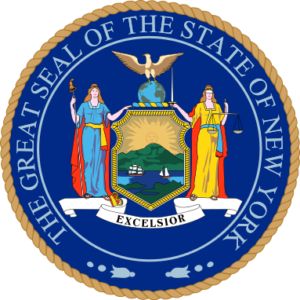
New York is one of the few states that continues to regulate contributions to independent campaign committees despite Supreme Court decisions that make clear that so long as an entity is expressing its views independent of any candidate, the state may not regulate such expression. Every court that has looked at the question of whether independent PAC’s are subject to contribution limits has concluded, correctly, that they are not.
In CIR’s view, the decision by NY officials to apply the $150,000 limit to an independent campaign committee was unconstitutional. Although a state may impose carefully tailored limits on direct contributions to candidates in order to prevent quid pro quo corruption, a state is categorically barred from limiting spending by individuals to speak about elections independent of candidates. Because independent expenditures “do not give rise to corruption or the appearance of corruption,” there simply is no governmental interest in restricting independent expenditures. Arizona Free Enterprise Club v. Bennett, 131 S.Ct. 2806, 2826 (2011), (quoting Citizens United v. FEC, 558 U.S. 310, 314 (2010).
Inexplicably, New York officials declined to update contribution limits on independent committees following the Supreme Court’s decision in Citizens United v. FEC, 558 U.S. 310, 314 (2010). In that case, the Court held that a corporation possesses First Amendment rights to make campaign contributions. Absent a compelling interest, the state may not arbitrarily limit the ability of corporation to express an election preference through independent expenditures.
